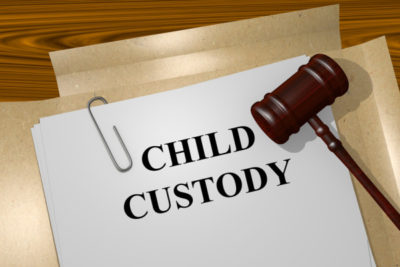Pensions, Retirement Benefits, and Divorce in California
 People work years and even decades to build up their pension and retirement benefits, and it is often one of the largest assets that a person owns. When divorce is on the horizon, that ownership could be threatened however. Along with any potential child custody and alimony matters to settle, there’s also asset division to contend with.
People work years and even decades to build up their pension and retirement benefits, and it is often one of the largest assets that a person owns. When divorce is on the horizon, that ownership could be threatened however. Along with any potential child custody and alimony matters to settle, there’s also asset division to contend with.
When it comes to asset division in CA, where do pensions and retirement benefits fall? Today’s post is a look at what your divorce could mean for a variety of different financial assets.
CA is Defined as a Community Property State
The asset division process in CA is defined by the community property laws in the state. In simple terms, the family law courts look at both spouse’s assets and debts, and assess whether each one is considered separate or community property.
Generally, anything that a person earned or gained before the marriage is considered separate property and is not part of the asset division process. However, assets and debts acquired after the marriage was legally established are seen as community property. In CA, the family law courts usually divide all community property equitably between both spouses. This includes all pensions, retirement benefits, investment portfolios, and more.
Non-vested or Vested Pensions
Things get a little more complicated when you look at individual pension accounts and benefits. For example, vested pensions fall squarely into community property status so they’re divided evenly. Non-vested pensions are not split evenly, but they are subject to being divided based on all other relevant factors.
Protect Your Retirement, Pension, and Other Assets in California
One effective way that can help you control the way your assets are split is by coming to an agreement with the ex, outside the purview of the family law courts. All divorcing couples have the option to come to their own agreements on matters relating to custody, asset division, and more. The resulting agreement does have to pass a few basic legal requirements but generally this approach provides both parties with a lot more autonomy as to how assets are divided.
That said, each situation is unique and one should consider the types of assets or liabilities at play when choosing a legal strategy. Get started on the right foot and consult with a qualified family law attorney in CA on matters relating to divorce, asset division, custody matters, and more.
Call us at R & S Law Group, LLP at your earliest convenience to schedule a free consultation with our legal experts. Learn more about how we can help as we take the time to discuss your specific legal needs.
